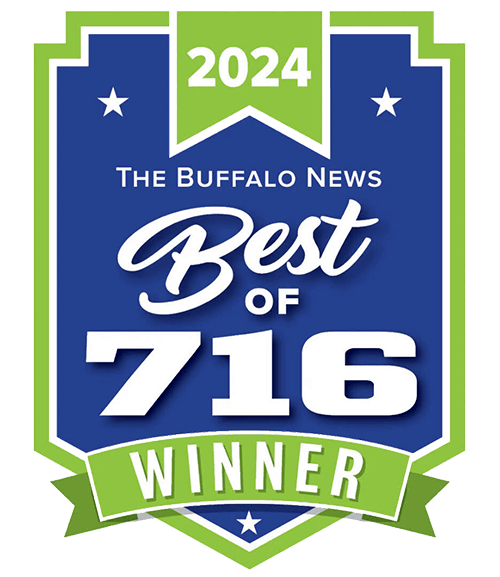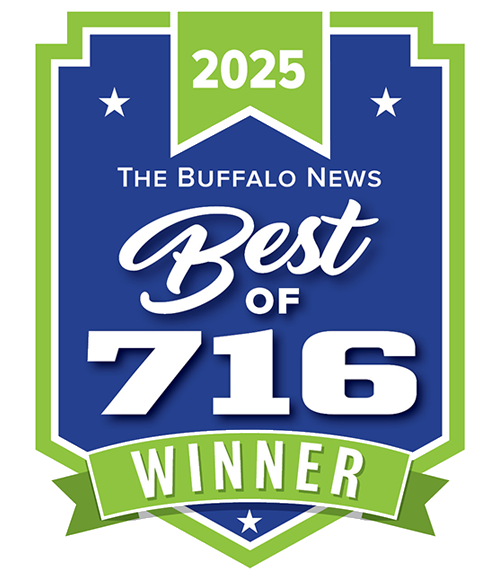
It’s a fact that “you are what you eat,” but did you know that applies to your vision? Maintaining the health of your eyes and the quality of your vision depends in part on the nutrients contained in the foods you consume every day.
A well-balanced diet, rich in essential vitamins, minerals, and antioxidants, can help protect your eyes from common eye concerns and keep your eyesight bright and clear. Keep reading to learn more about how your diet affects your vision!
What Nutrients are Best for Eye Health?
Several nutrients play a key role in supporting eye health, including:
Vitamin A
Vitamin A, also known as retinol, is crucial for maintaining healthy vision, especially in low-light conditions. Good sources of vitamin A include carrots, spinach and other leafy greens, egg yolks, dairy, and liver.
Vitamins C and E
These vitamins are both powerful antioxidants that protect the eyes from free radicals, which can damage ocular tissue and increase the risk of cataracts and other age-related eye conditions. These vitamins can be found in citrus fruits, yellow and orange vegetables, avocados, almonds, and sunflower seeds.
B Vitamins
B vitamins, particularly B6, B9 (also known as folate), and B12, help reduce harmful inflammation, which can contribute to eye conditions that lead to vision impairment. Protein-rich foods, such as red meat, poultry, and fish, are rich in B vitamins.
Omega-3 Fatty Acids
Omega-3 fatty acids maintain retinal health, promote the structural integrity of eye cell membranes, aid in tear production, and reduce inflammation. Some of the best sources of omega-3 fatty acids include fatty fish, such as salmon, mackerel, and sardines; flax and chia seeds; and walnuts.
Zinc
Zinc is a component necessary for the function of enzymes in the retina, including the conversion of vitamin A into the proteins required for vision in low light conditions. The foods with the highest concentrations of zinc are lean beef, pork, and poultry, oysters and lobsters, and beans.
Can Certain Foods Improve Night Vision?
Foods that are rich in vitamin A help form the pigments in the retina that are essential for high-quality night vision. In addition to the foods listed above, foods that contain significant amounts of vitamin A include sweet potatoes, cantaloupe, mangoes, and cod liver oil.
Eating the recommended daily allowance or more of foods rich in vitamin A can help prevent eye health deficiencies that could impair your ability to see clearly at night or in low-light conditions. Regular consumption of vitamin A-rich foods is especially important for children and older adults.
What Foods Should I Avoid for Eye Health?
Foods that are ultra-processed, high in sugar, and contain unhealthy fats can increase a person’s risk of developing chronic health conditions, such as diabetes and high blood pressure, that can impact eye health.
Mismanagement of these conditions can lead to diabetic retinopathy, macular degeneration, or glaucoma, all of which can cause vision loss.
Beverages with alcohol and caffeine can also compromise eye health. Both alcohol and caffeine are dehydrating and can impair the body’s ability to keep the eyes adequately moist.
Are Supplements Necessary for Eye Health?
While supplements may not be necessary for eye health, they can be beneficial for individuals whose regular diets lack key nutrients essential for healthy eyes. In specific dosages, they can also help slow the progression of certain age-related eye conditions.
Nutrients that support eye health are best absorbed when they come from food where they occur in forms that the body can easily process. Supplements are often unnecessary for individuals who are mindful of maintaining a well-balanced diet.
Your diet can have a significant impact on your vision. When you choose foods that are rich in nutrients that support eye health, you can help ensure a lifetime of crisp, clear eyesight.
Need a routine eye exam in a hurry? We can usually take you the SAME day or the NEXT day with a remote eye exam at Fichte, Endl & Elmer in Buffalo, NY!



